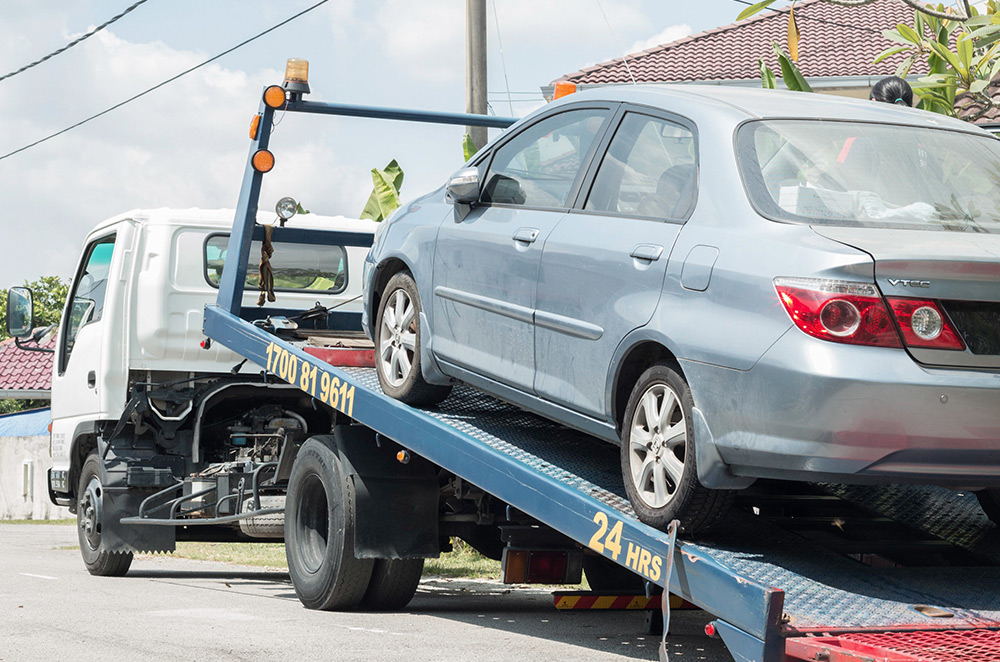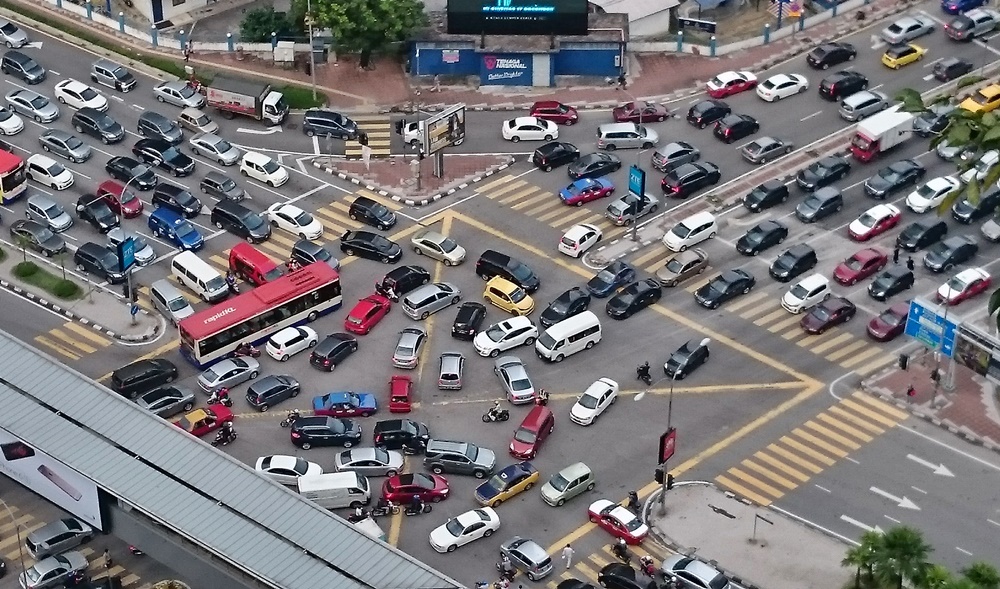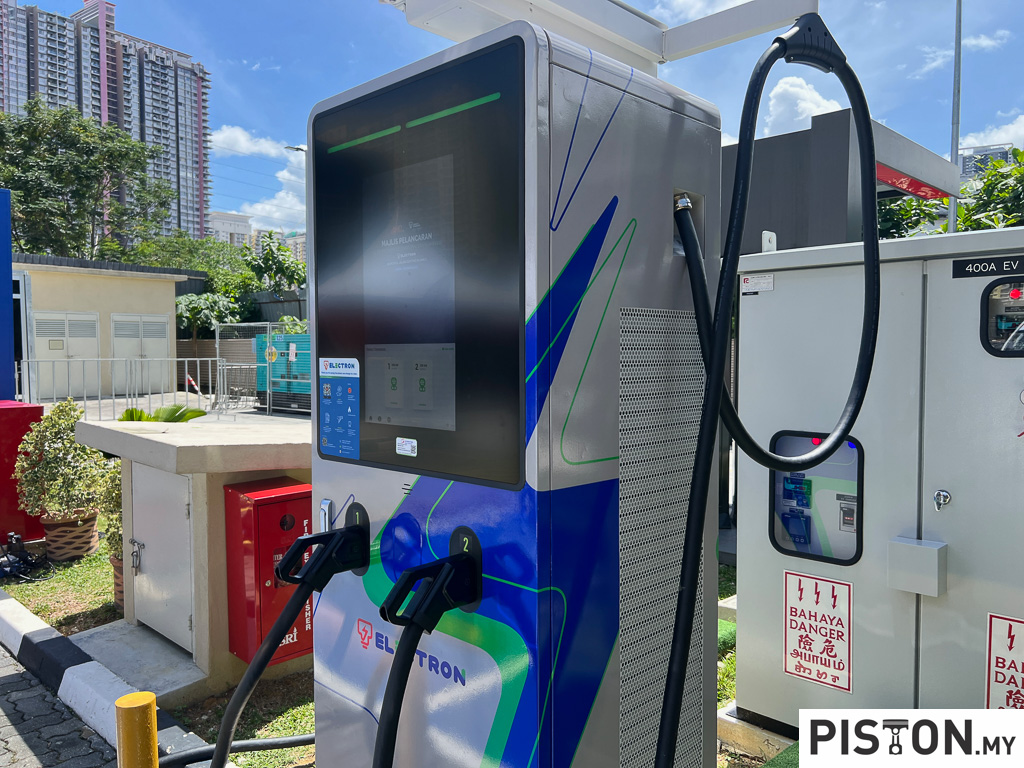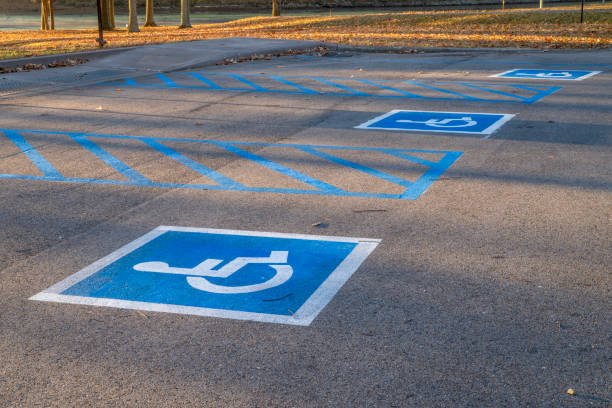A male victim was left in disbelief upon learning that his two-year-old car had been sold to a new owner located 100km away, just days after he surrendered the car to repossessors. What began as an attempt to recover his car turned into a distressing ordeal, as he faced challenges in obtaining police support.
According to NST, the victim stated that a group of five agents arrived at his house while he was asleep, claiming to be there to ‘repossess’ his car. They demanded a payment of RM3,770, despite his outstanding debt being around RM2,000. Concerned about potential blacklisting and dubious practices, he hesitated. The agents, purported representatives of the credit company, failed to provide any documentation verifying their identities.
The victim was taken to a police station, where one of the agents provided a statement to the officer at the counter. Without fully understanding the situation, the victim was asked to sign a report relinquishing his car to an unnamed person and absolving himself of all responsibilities associated with the car.
Nine days after his car was repossessed, he settled his outstanding dues and requested the return of his car. However, the situation escalated when the agents demanded an additional RM3,000 for the car’s return. Later, he discovered that his car had been sold to a third party, who demanded RM5,000 for its return.
Despite filing police reports and having information on the whereabouts of his car, the victim alleged little progress from the police, who classified the reports as ‘No Offence Disclosed.’ Only when the New Straits Times Focus team intervened, contacting the state police chief, did the situation see progress. His car was returned 21 days after its disappearance.
This incident sheds light on the emergence of syndicates involving repossession agents selling recovered vehicles at lower prices. These syndicates create an illegal market for repossessed vehicles and exploit police reports to deceive buyers and inflate prices. The challenges faced by this victim underscore the need for increased vigilance and regulatory measures to address such issues in the automotive industry.





















